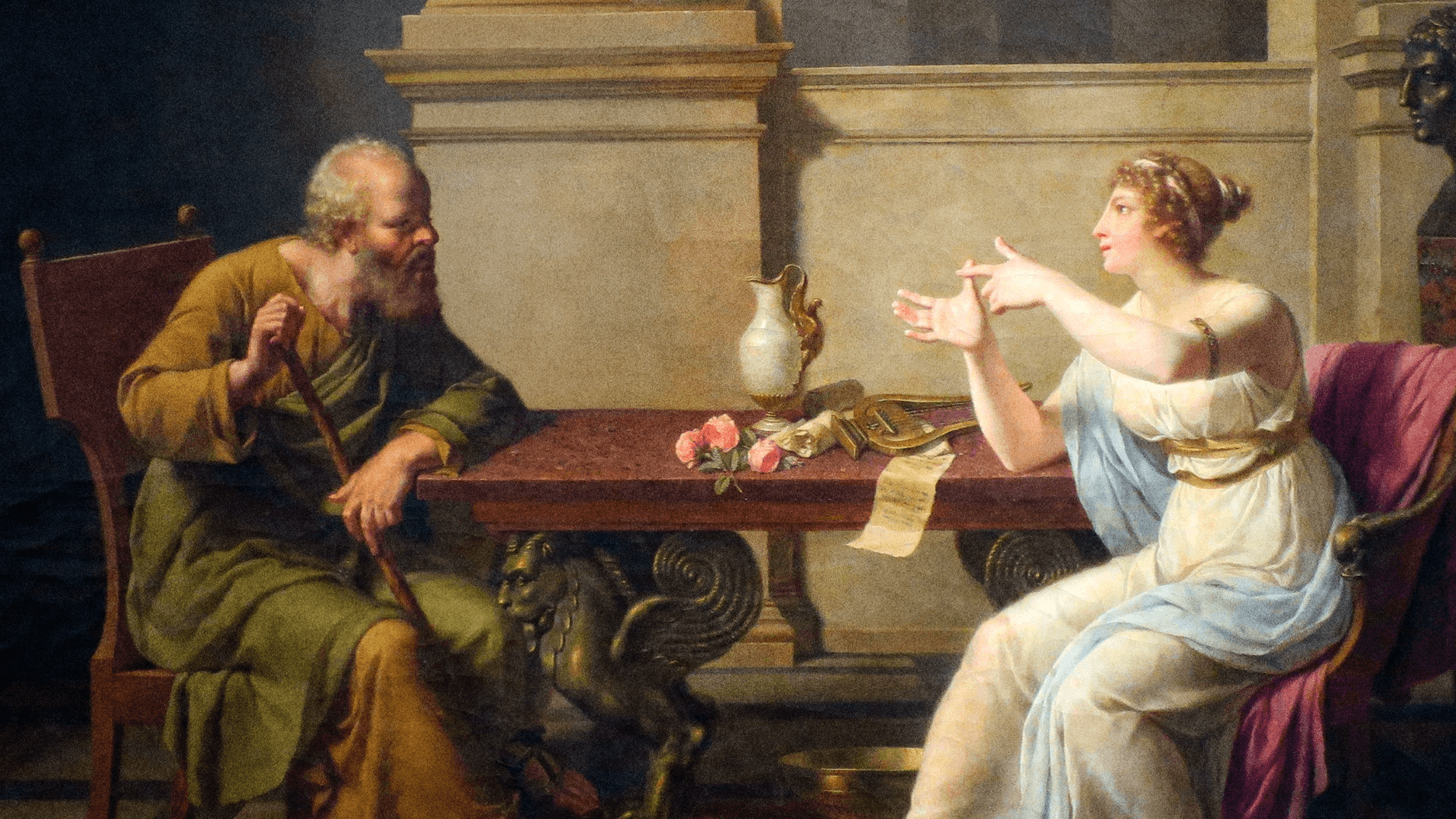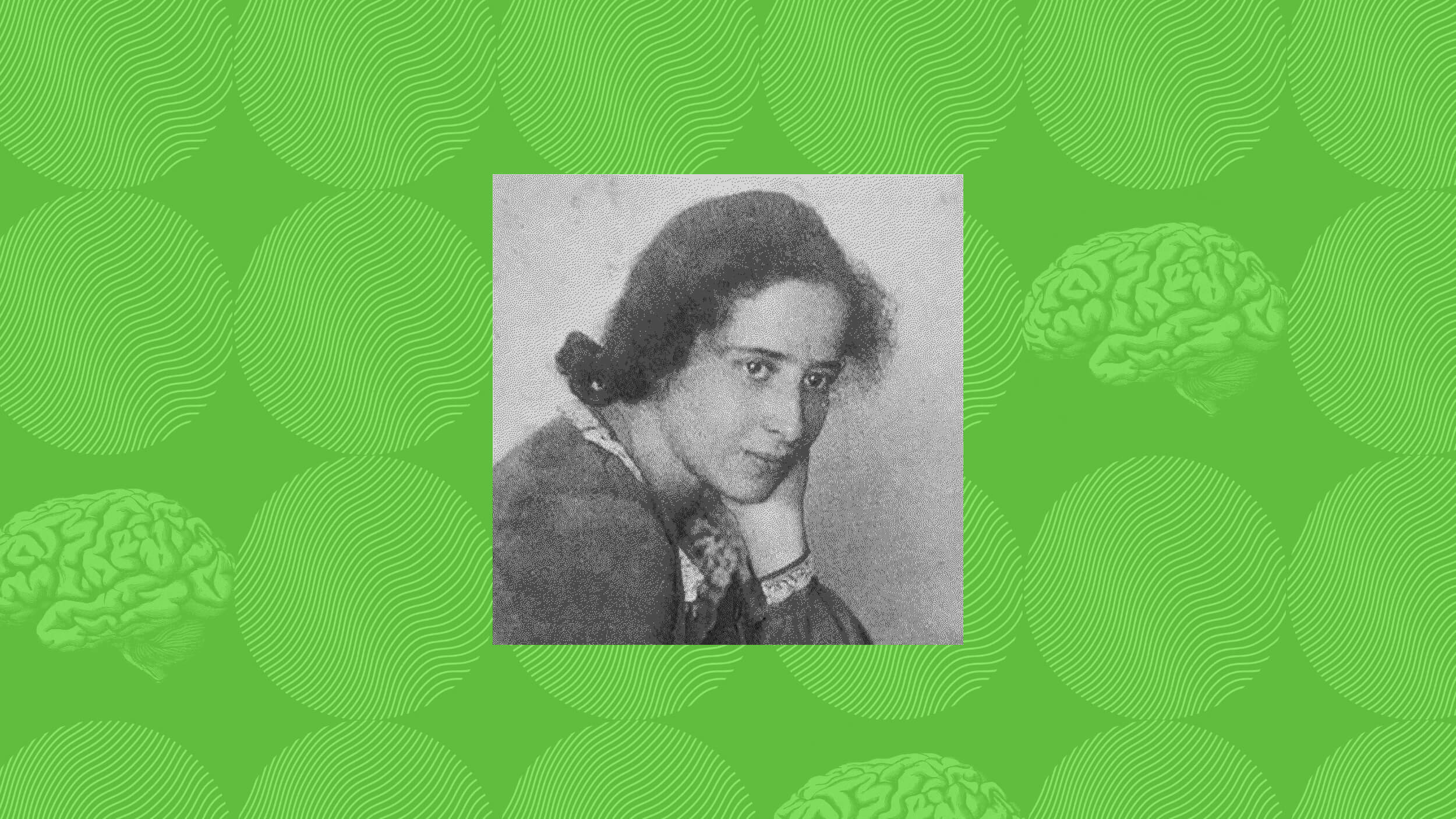Former Prime Minister of Greece George Papandreou discusses participatory citizenship, democracy, and experiments in Wikilaw.
George Papandreou: I think what politicians and leaders need to always take into account is that first of all we need to continually have feedback and empower our citizens to feel that they own solutions. This is, I think, a very democratic concept of course but it’s not simply a democratic concept. I think it’s also a concept which allows for a society to grow, to feel cohesive, to feel that it actually develops deeper trust in where it’s going. And there has to be a continual give and take between the politician, the leader and society, the citizen, the people.
I think that what we are seeing today in politics is because of the flux, the changes, the amazing complexity, the possible crises that can be, you know, one day calm, the next day you have a financial crisis, a storm, climate change or whatever. We need to have more participation and solutions. We need to use the potential of our societies. We need to use everyone. Everybody has to be able to participate. This goes back to an ancient Greek concept that every citizen is useful, everybody needs to participate. Bring in critical thinking. Bring in creative thinking. How you do that is then a task but first of all is the mindset – to have that mindset of wanting to bring in that potential. Not fearing the participative strength of citizens.
To do that, of course, well you need to have people that are informed and knowledgeable. So education plays a major role. But education alone will not be enough if a citizen doesn’t feel that he or she is able to use it. If you can’t give the opportunity for a person to participate, if a person doesn’t feel that he or she has a voice, they say well why should I learn. Let them solve the problem. Why should I learn, why should I innovate if nobody’s listening, if I don’t have a voice, if I can’t have an input. So when I was prime minister one thing I felt very important is particularly during the crisis is we needed to give a voice to our citizens. So one way we did this was we used technology by saying okay, every law that we are going to pass we will first put online and create sort of a Wiki law process which would allow for citizens to comment, to edit, to change, to propose and then that would come back to the government. We would have our ministerial meeting, our cabinet meeting.
And I would ask okay, what do we have through the participation of our citizens in this Wiki law process. And I would ask the minister what have you taken on board. What have you left out and why have you left it out. And, for example, in tax laws there were proposals and comments from citizens that the bureaucracy had never thought of. You see, there’s sort of a knowledge, the so-called wisdom of the crowd, citizens using their capacity knowing what this will do to him or herself they would come up with solutions and ideas which then we could process and use. So this was one thing which I think is very important in our societies today is how we bring in participation in an organized fashion.
Directed/Produced by Jonathan Fowler and Dillon Fitton





